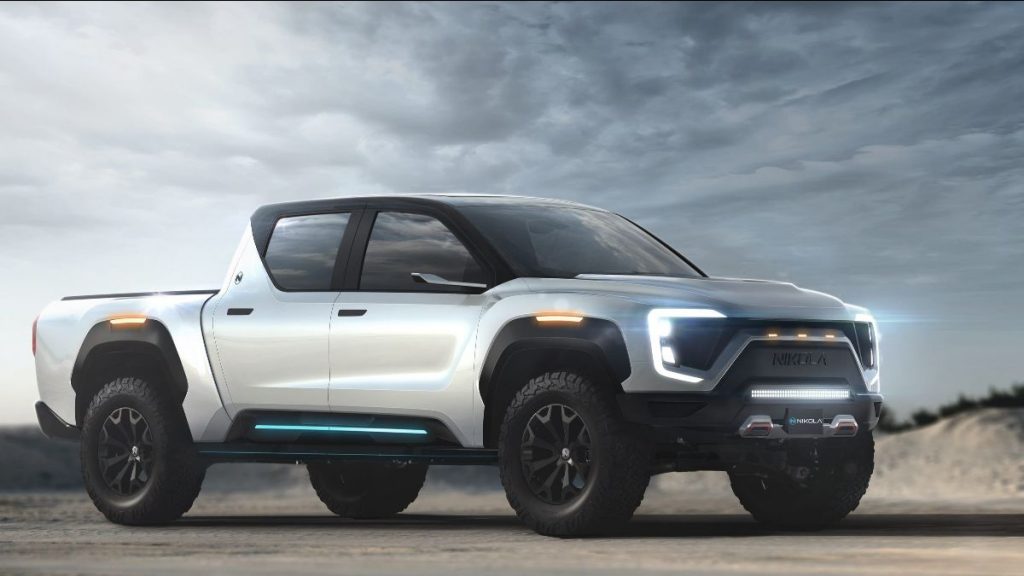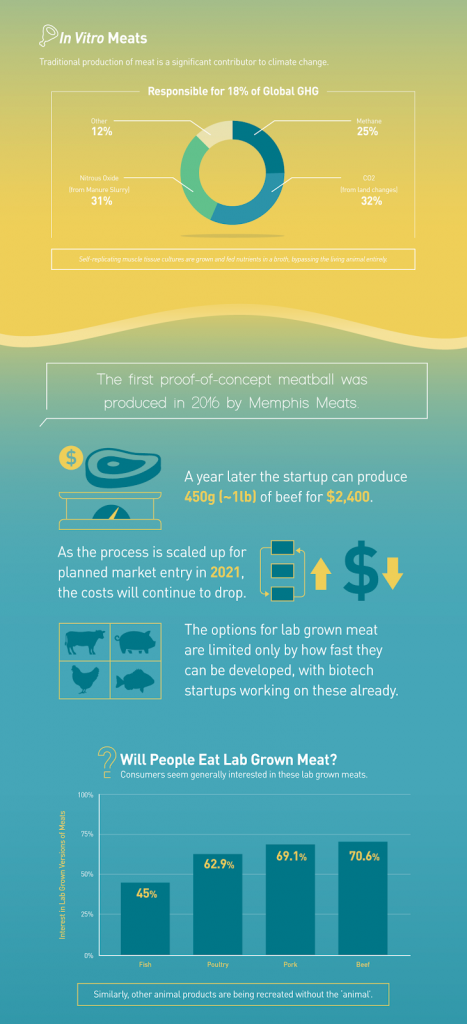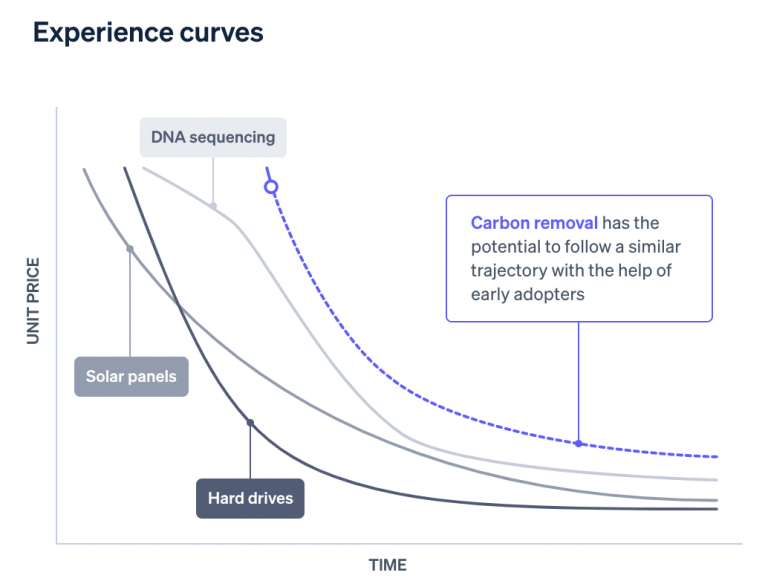
Morning all. Suggestions needed for what are we going to call people who only eat cultured meat – Culturtarians?
In today’s edition:
🍗 Singapore approve selling of lab-grown chicken
🧥 Patagonia normalising second hand purchasing
🗑️ Coca Cola, Nestle and Pepsi world’s top plastic polluters

Electric Vehicle Startups like a Phoenix from the ashes
We spoke previously of Nikola Motor’s rocky few months. In September, the company signed a deal with General Motors to produce their electric truck concept ‘The Badger’. Soon after, short-seller, Hindenberg Research, released claims that Nikola’s tech was based on “lies and deceptions”. Last week, Nikola’s deal with GM fell through – leading to a 25% fall in stock prices. This raised a few eyebrows over the lack of due diligence carried out on startups going public via so-called special purpose acquisition companies (SPAC), rather than traditional initial public offerings.
True to form, as one EV startup dwindles another emerges. Lion Electric raised $500 million (you guessed it) via SPAC. A key difference, Lion, unlike Nikola, actually has a track record of producing vehicles. Funds raised will be used to ramp up manufacturing, develop new battery systems and build a new factory.

Patagonia selling old clothes right alongside the new stuff
Patagonia have upped the ante of their Worn Wear programme, where the company buys back used garments at up to 50 percent of their original price once customers are done wearing them. Previously items were sold on a separate website, but now shoppers browsing Patagonia’s site will see a second hand version of items listed alongside the new ones. Normalising the idea of second hand buying even further. The eco-impact: One person’s trash is another’s funky vintage find – buying a used garment extends its life on average by 2.2 years, which reduces its carbon, waste, and water footprint by 73 percent.
🤖 Future of Tech (1-minute read)
Lab-grown chicken on the menu in Singapore:
In a world first, Food Tech startup Eat Just, have received approval to sell lab-grown chicken in Singapore. Eat Just’s cultured meat solution harvest’s cells from living animals. The cells eventually grow into edible portions, by being fed the same nutrients as living animals. After months of detailing the safety of the chicken cells, the Singapore Food Agency approved the cultured chicken for sale as an ingredient in chicken bites. Lab-grown chicken is more palatable for meat enthusiasts compared to plant-based meat alternatives, offers the same nutritional value as real meat, produces 96% less greenhouse gas, and requires 99% less land. Just Eat plans a full commercial launch in Singapore, while developing cultured beef from Californian cows and Japanese Wagyu.

Brazilian farmers experiment with 5G
The Brazilian farm state of Goias has rolled out a pilot project to increase productivity of Soy farming, using 5G technology. A 5G network provided by Huawei allows producers to collect data on humidity, moisture, temperature, and meteorology by sensors placed in fields, on harvesters and drones. The key to 5G technology is that it provides farmers with rapid access to information allowing for quicker data-supported decision making, such as fast action against disease or threats to crops. Ultimately, it could mean a reduction in inputs (i.e. pesticides and irrigation), increased productivity, and lower environmental costs.
💡Deep Dive – Stripe Climate (1-minute read)
Enter Stripe: One of those companies you use but don’t know you use, they process the payment when you make a purchase online, and have racked up a $36 billion valuation doing so. Stripe is looking to accelerate the availability of low-cost carbon removal on two fronts:
1) Helping startups scale: purchasing from them at a higher price point than traditional carbon removal methods.
Climeworks “injects carbon from the air into underground basalt.”
Carbon Cure “injects carbon into concrete.”
Project Vesta “converts carbon in the ocean into limestone on the seafloor.”
Charm Industrial “produces oil from biomass and injects it deep into the earth.”
2) Removing barriers to positive action: Enabling the millions of businesses running on Stripe to allocate a portion of revenues to fund carbon removal, from the companies above, in just a few clicks.
Our take: Stripe doesn’t take a cut of other companies’ contributions, but it has a clear business advantage, positioning Stripe to become the world’s first and best carbon bank. A pragmatic and imaginative approach to corporate climate action.

Little Bytes
Quote: “The internet gives you a window to the world. Having broadband access should be a right. How can you access services – not just banking services – unless you have the internet?” Anne Boden, CEO, Starling Bank
Stat: 41% of consumers willing to pay more for products that contain all-natural or organic ingredients. Nielsen survey
Watch: How robots will create more jobs than they take
🗞 In other news…
New Guinea Singing Dogs not extinct in the wild as previously thought
France plans 1GW wind farm off the coast of Normandy
Pressure on food business to go green = profits for North American farmers
- Coca Cola, Nestle and Pepsi named world’s top plastic polluters for 3rd year in a row.




